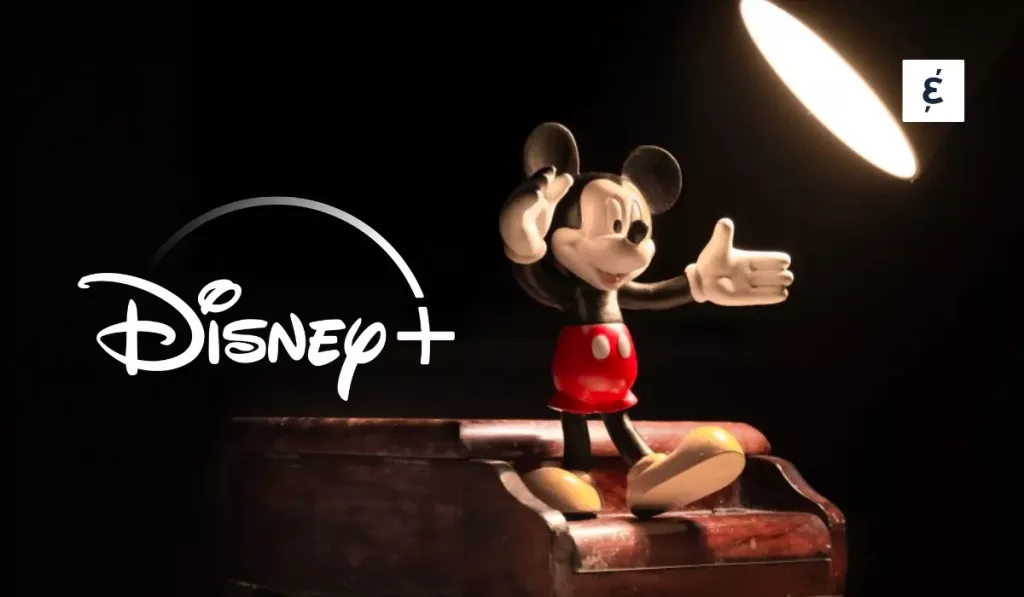

The Walt Disney Company is a century old – but are perceptions of its reputation also worth celebrating?
Disney turned 100 this week – and to honor the House of Mouse on reaching this milestone, we took a snapshot of its corporate reputation in the United States.
To do so, we looked at the last hundred days of responses to our standard battery of questions that are designed to reveal and measure stakeholder perceptions.
To assess the Walt Disney Company’s brand and reputation, we started by screening out people who had never heard of it.
This process gives us two scores – one for general awareness, another for qualified familiarity – and it can, in itself, be telling.
Indeed, after a century of producing some of the world’s most popular media and entertainment, you’d expect Disney to score pretty highly on these metrics, right?
In fact, only 72% of global respondents are aware of the company and 68% have “qualified knowledge” of it (essentially meaning more than just knowing its name).
Given how large the Mouse House looms in our lives, don’t these numbers seem low?
Even more surprising is the gender split.
Just 62% of men are aware of Disney and only 58% have qualified knowledge of it – compared to 78% and 74% of women, respectively.
Is this essentially a “moms vs. dads” divide?
The rest of our assessment of stakeholder perceptions is also based on the responses of those who are aware of the company and have qualified knowledge of it.
Our chief reputational metric here is the Trust & Like Score – an average of responses to the following two sentences:
Disney is a company I like. Disney is a company I trust.
To better understand whether a certain score is positive or negative, we use a normative scale that shows how the particular result compares with Caliber’s database consisting of similar studies:
In the US – as well as globally – Disney’s Trust & LIke Score is 68 out of 100, which is merely Average.
Yes, two more points would give it a High score. But wouldn’t you expect a company that’s synonymous with theme parks, cartoons and, well, childhood – to score higher?
A closer look at Disney’s brand and reputation attributes indicates why its Trust & Like Score is merely middling.
In the US, the company gets High scores for three attributes that are arguably most connected to its hugely popular output – Offering, Innovation and Inspiration.
But it gets Average scores for Differentiation, Authenticity and Leadership, and even lower (but still within the Average tier) for Integrity and Relevance.
The last one’s got to hurt a bit.
Despite Disney’s much-ballyhooed acquisition of companies such as Marvel, Pixar and Lucasfilm, might the corporate centenarian be seen as “old hat” by some stakeholders?
Does the Average score for Integrity reflect perceptions of the company’s C-suite switcheroo, which saw former CEO Bob Iger return to the role last November, after Disney’s board had fired his handpicked successor Bob Chapek?
Might it also reflect perceptions of comments that Iger made this summer about striking Hollywood writers, saying their demands were “unrealistic”?
If so, it might also reflect Disney’s ESG scores.
The company scores 67 for its positive impact on the Environment and 65 for its positive impact on people and Society – but only 60 for Governance, which reflects perceptions of how ethically it conducts business.
Then there are our measurements of how respondents behave towards Disney.
Fewer than half of all respondents would say something positive about or recommend Disney to others, given the chance – and only 40% would consider the House of Mouse a place to work if they were looking for a job.
There’s also an interesting political schism in perceptions of the corporate centenarian.
In simple terms, the company is much more popular among respondents who identify as Democrats than those who identify as Republicans.
Among Democrats, Disney’s reputation dashboard is a sea of green, meaning lots of High or Very High scores.
For instance, Democrats give Disney a Trust & Like Score of 78, and it gets Very High scores for both Innovation and Inspiration.
By contrast, Disney’s dashboard is flashing orange with Republican respondents – meaning Low scores.
Its Trust & Like Score with Republicans is 60, while its brand and reputation attributes are all lower than for Democrats – with Integrity scoring 52 and Relevance just 51.
Might the deeply partisan controversy in Florida – which has pitched Disney against the state’s Republican governor Ron De Santis over his so-called “Don’t Say Gay” bill – explain this schism?
It’s hard to say.
But as the House of Mouse enters its second century, its reputation isn’t perhaps as strong as it once was – or could be.
What’s also clear is that everything in America seems to be political today – even the 100-year-old Mickey Mouse.
© 2024 Group Caliber | All Rights Reserved | VAT: DK39314320